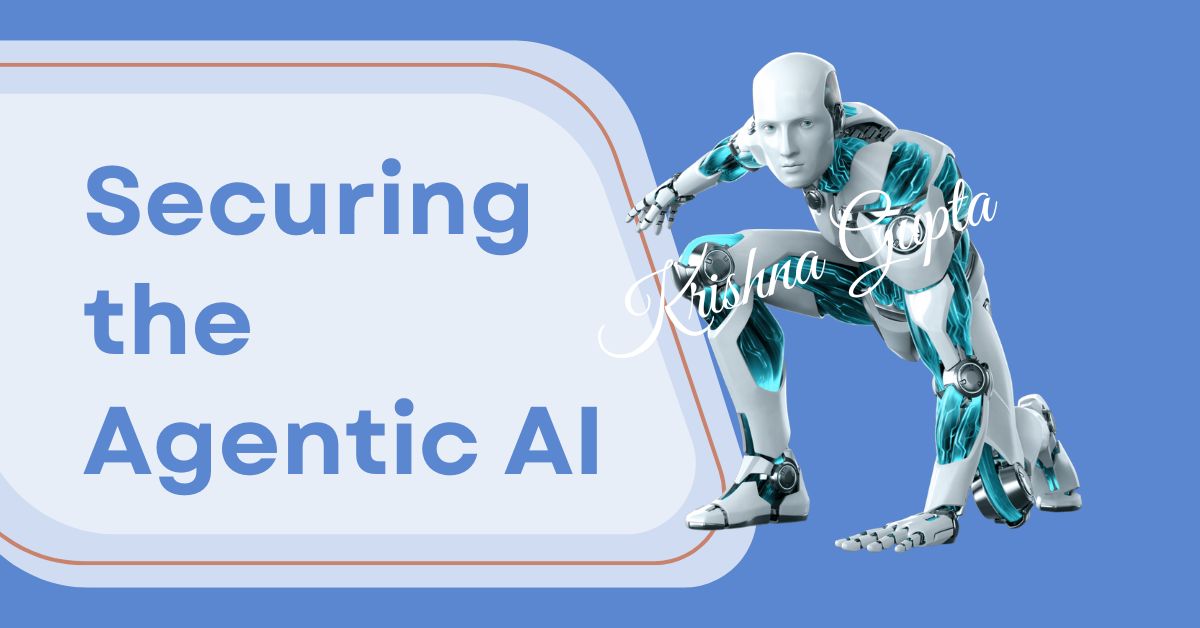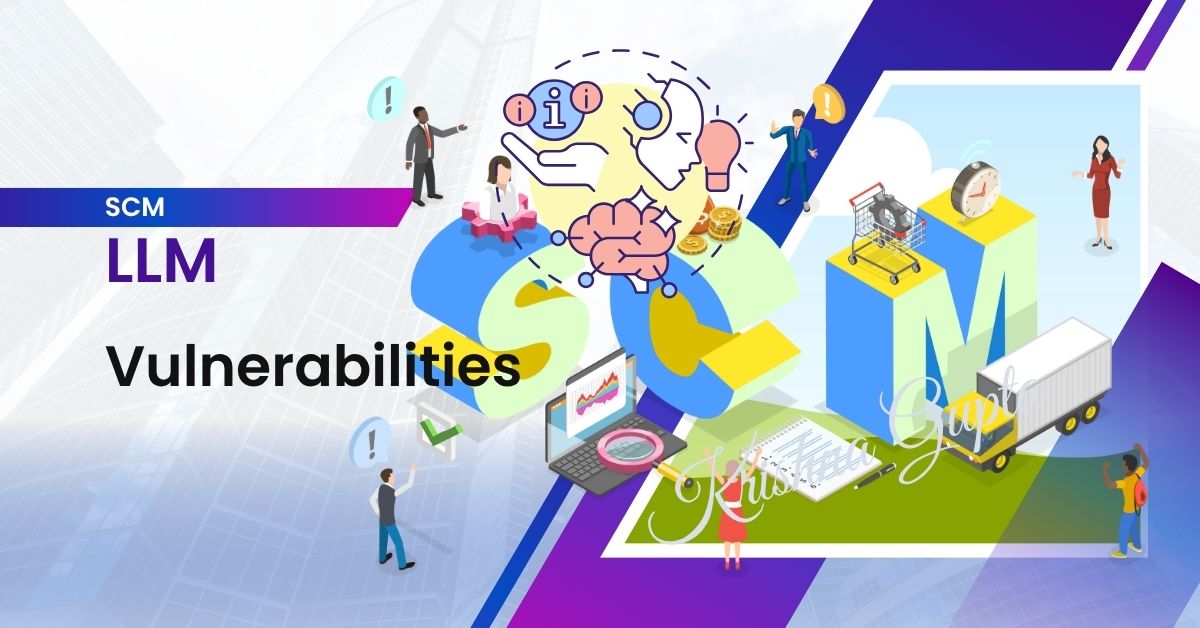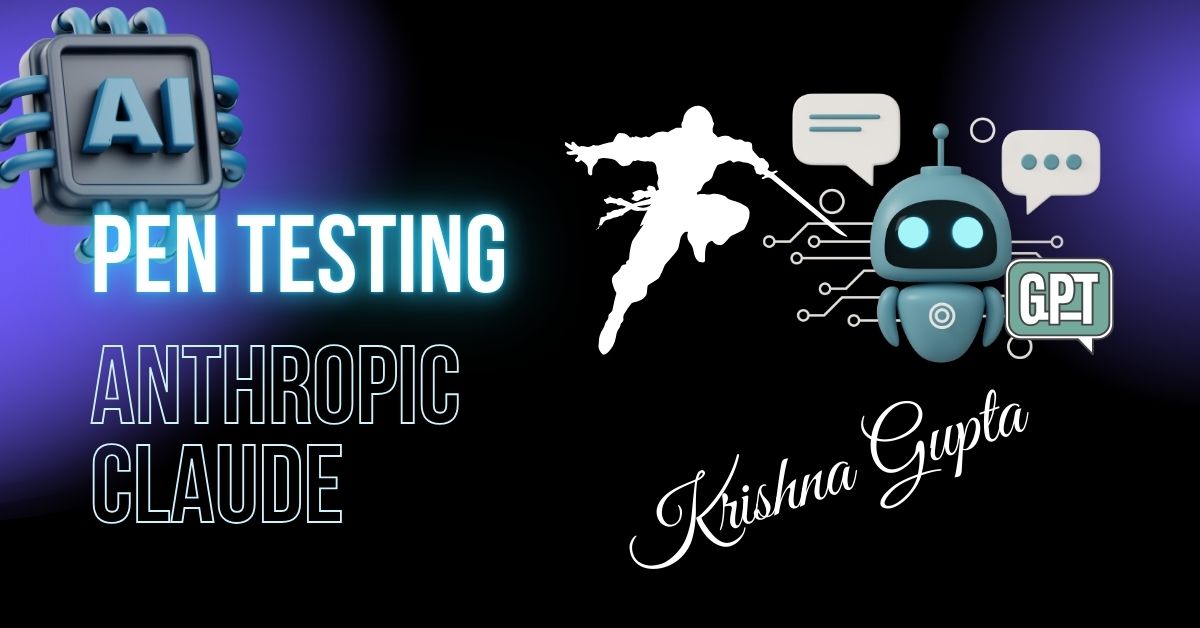Agentic AI Systems: The Rise of Over-Autonomous Security Risks
Artificial Intelligence (AI) is no longer just a tool—it’s becoming a decision-maker. With the emergence of Agentic AI Systems—AI with the ability to independently plan, act, and adapt across complex tasks—organisations are entering uncharted territory. While this autonomy promises operational efficiency, it also introduces over-autonomous risks that challenge traditional cybersecurity protocols.
For C-Suite executives and penetration testers alike, understanding the evolution of AI from a predictive model to a proactive actor is no longer optional—it’s imperative. The very qualities that make agentic systems powerful—initiative, goal-seeking behaviour, and environmental awareness—also make them vulnerable to sophisticated threats and capable of causing unintentional damage.



